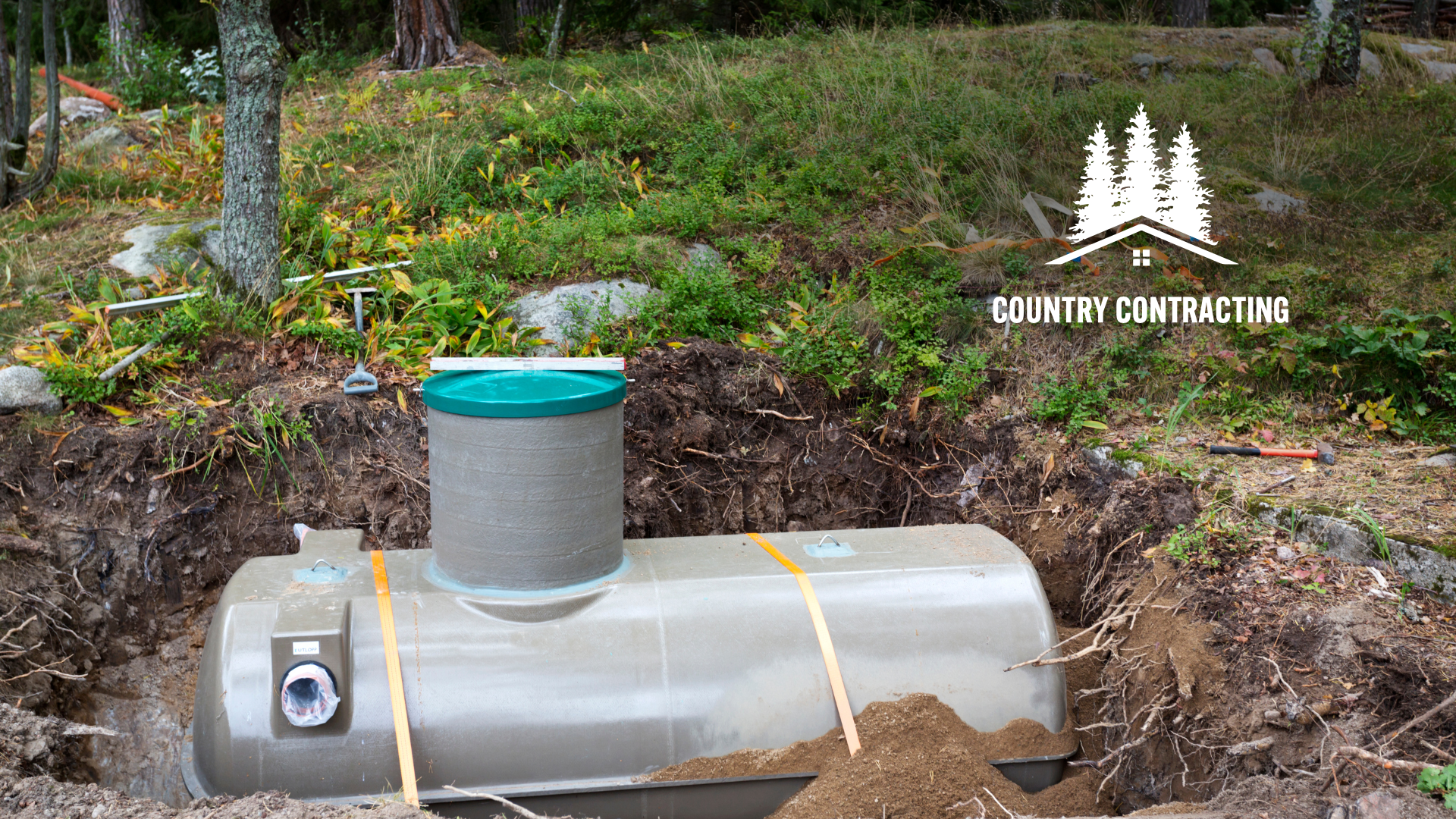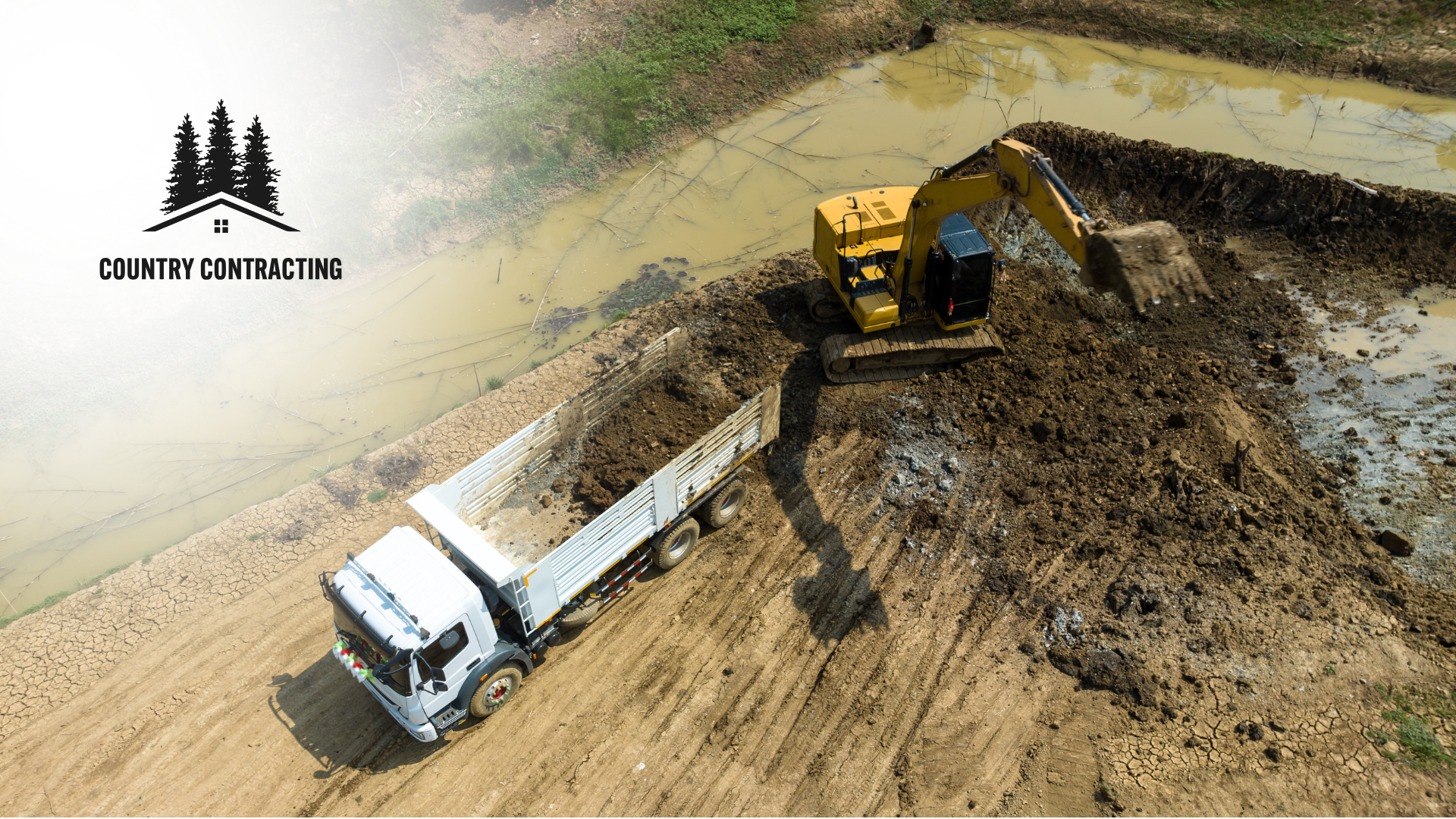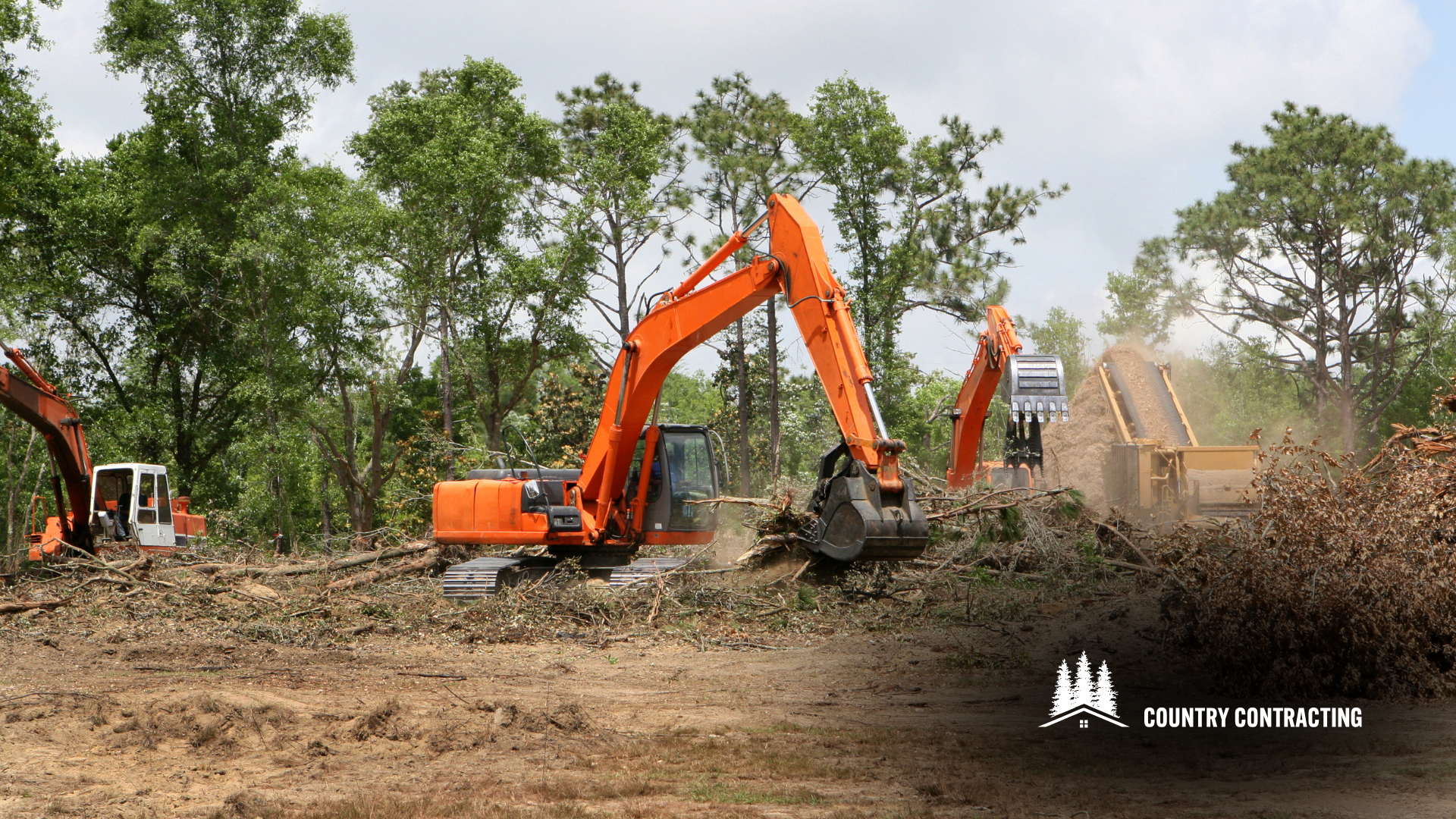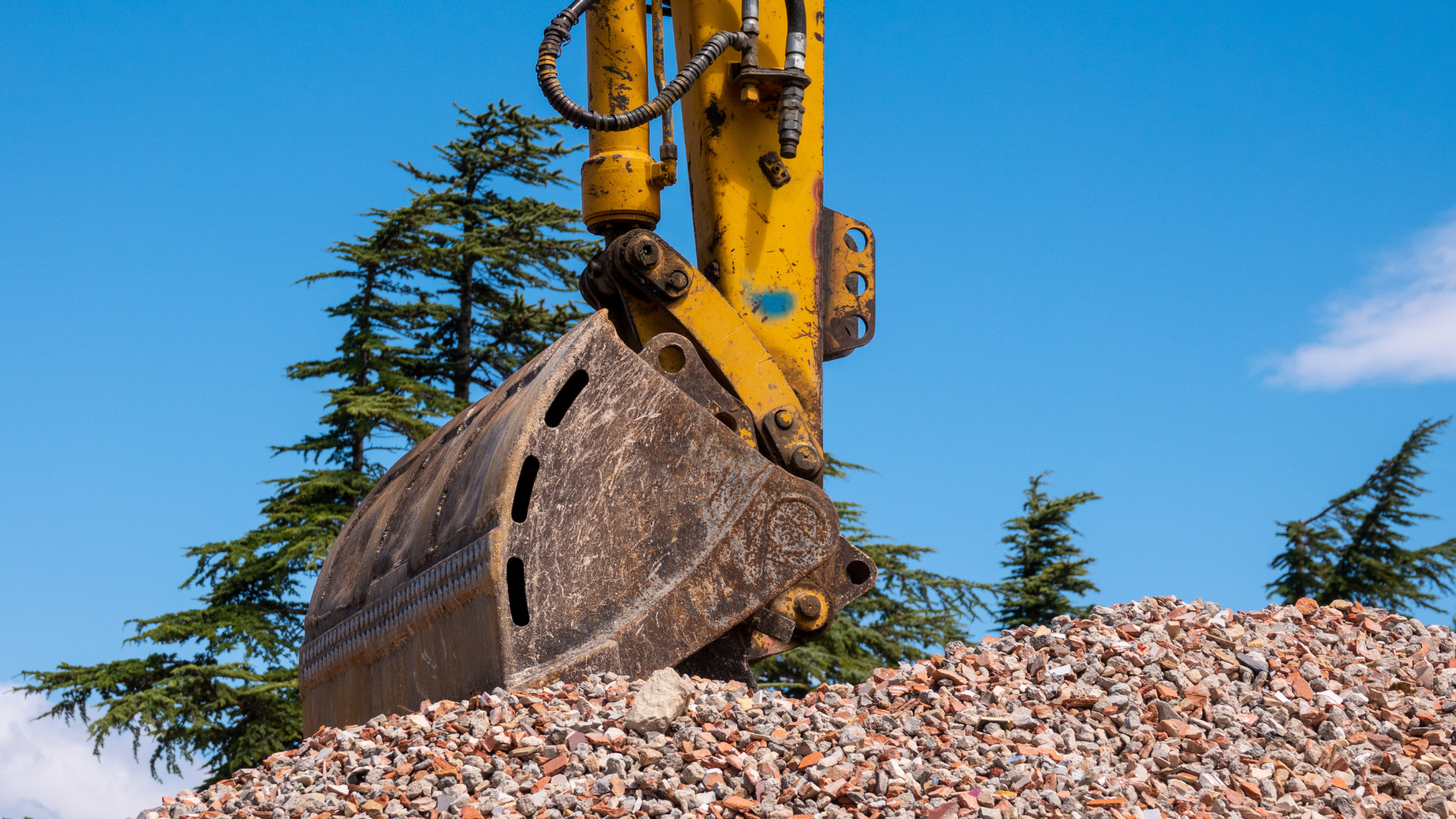CALL FOR A FREE QUOTE TODAY! (705) 457 - 6411
What is Excavating?
Excavating is a process in the construction and engineering industries involving the removal of earth, rock, or other materials to create space for building foundations, roadways, and other infrastructure. This article delves into the various aspects of excavation, from its definition and importance to the methods, equipment, safety measures, challenges, regulations, and technological advancements associated with it.
Key Takeaways
- Excavating is essential for creating foundations and infrastructure in construction projects.
- There are different methods of excavation, including topsoil, rock, and earth excavation, each suited to specific project needs.
- Various equipment like excavators, bulldozers, and backhoes are used to carry out excavation tasks efficiently.
- Safety measures, including protective gear, site inspections, and emergency procedures, are vital to ensure the well-being of workers on excavation sites.
- Technological advancements such as GPS, laser technology, automated machinery, and drones are revolutionizing the excavation industry.
Definition and Importance of Excavating
Understanding Excavation
Excavating involves the process of removing earth, rock, or other materials from a site to create an open space, trench, or cavity. This fundamental activity is crucial in various industries, particularly in construction, mining, and archaeology. Excavation is the backbone of any construction project, laying the groundwork for everything from residential buildings to large-scale infrastructure.
Role in Construction
In the construction industry, excavating is indispensable. It prepares the site for foundational work, ensuring that the ground is stable and suitable for building. Key tasks include:
- Clearing the site of any obstructions
- Digging trenches for utilities and drainage systems
- Creating foundations for buildings and other structures
Environmental Impact
While essential, excavating can have significant environmental impacts. It can lead to soil erosion, habitat destruction, and water contamination if not managed properly. Companies like Country Contracting and Construction are increasingly adopting sustainable practices to mitigate these effects, such as using eco-friendly equipment and implementing erosion control measures.
Proper excavation practices are vital for minimizing environmental damage and ensuring the longevity of construction projects.
Types of Excavation Methods
Topsoil Excavation
Topsoil excavation involves the removal of the uppermost layer of soil, which is rich in organic material. This method is essential for preparing the ground for construction projects, as it helps to create a stable foundation. Country Contracting and Construction often employs this technique to ensure the longevity and stability of their projects.
Rock Excavation
Rock excavation is a more challenging process that requires specialized equipment and techniques to break through solid rock. This method is crucial for projects that involve building foundations, roads, or tunnels in rocky terrains. The use of advanced machinery and skilled operators is vital to the success of rock excavation.
Earth Excavation
Earth excavation involves the removal of soil to a specified depth for construction purposes. This method is commonly used in the construction of foundations, basements, and other structures. Country Contracting and Construction utilizes earth excavation to ensure that their projects are built on solid ground.
Proper excavation methods are critical to the success of any construction project. Choosing the right technique can significantly impact the project's timeline, cost, and overall quality.
Equipment Used in Excavation
Excavators
Excavators are essential for any excavation project. These powerful machines are used to dig trenches, holes, and foundations. Their versatility makes them indispensable for various tasks, including demolition, material handling, and grading. At Country Contracting and Construction, we rely on advanced excavators to ensure precision and efficiency in our projects.
Bulldozers
Bulldozers are another crucial piece of equipment in excavation. They are primarily used for pushing large quantities of soil, sand, and other materials. Their robust build allows them to operate in challenging terrains, making them ideal for site preparation and leveling. Country Contracting and Construction utilizes state-of-the-art bulldozers to tackle even the most demanding excavation tasks.
Backhoes
Backhoes combine the functionalities of an excavator and a loader, making them highly versatile. They are perfect for digging, trenching, and material handling. The dual functionality of backhoes allows for increased productivity and reduced operational costs. At Country Contracting and Construction, we employ backhoes to streamline our excavation processes and deliver top-notch results.
The right equipment is crucial for the success of any excavation project. At Country Contracting and Construction, we prioritize using the best machinery to ensure safety, efficiency, and quality in all our endeavors.
Safety Measures in Excavation
Protective Gear
Ensuring the safety of workers on excavation sites is paramount. Wearing appropriate protective gear such as helmets, gloves, and steel-toed boots can significantly reduce the risk of injuries. Additionally, high-visibility vests and safety goggles are essential to protect against debris and other hazards.
Site Inspection
Before any excavation work begins, a thorough site inspection is crucial. This involves assessing the soil stability, identifying potential hazards, and ensuring that all safety protocols are in place. Regular inspections throughout the project help in maintaining a safe working environment.
Emergency Procedures
Having well-defined emergency procedures is vital for any excavation project. Workers should be trained on how to respond to various emergencies, such as cave-ins or equipment malfunctions. Quick and efficient emergency response can save lives and minimize damage.
At Country Contracting and Construction, we prioritize safety by implementing comprehensive safety measures and regular training sessions for our team.
Challenges in Excavation Projects
Soil Stability
One of the primary challenges in excavation projects is ensuring soil stability. Unstable soil can lead to dangerous collapses, posing significant risks to workers and equipment. Proper assessment and reinforcement are crucial to mitigate these risks.
Weather Conditions
Weather conditions can greatly impact excavation activities. Rain, snow, and extreme temperatures can cause delays and make the site hazardous. It's essential to have contingency plans in place to address weather-related disruptions.
Underground Utilities
Identifying and managing underground utilities is a critical aspect of excavation. Accidentally damaging gas lines, water pipes, or electrical cables can lead to severe consequences. A thorough site inspection and the use of advanced detection technologies are necessary to avoid such incidents.
At Country Contracting and Construction, we understand the complexities involved in excavation projects. Our team of experts, including experienced Haliburton contractor, is equipped to handle these challenges efficiently and safely.
Regulations and Standards
Local Regulations
Adhering to local regulations is crucial for any excavation project. These rules vary by region and can include permits, zoning laws, and environmental guidelines. Failure to comply can result in hefty fines and project delays.
Industry Standards
Industry standards ensure that excavation practices are safe and efficient. Organizations like OSHA provide guidelines that must be followed to protect workers and the environment. These standards cover everything from equipment usage to site management.
Compliance Requirements
Compliance requirements are set to ensure that all excavation activities meet legal and safety standards. This includes regular inspections, documentation, and adherence to best practices. At Country Contracting and Construction, we prioritize compliance to deliver safe and reliable excavation services.
Meeting regulations and standards is not just about legal compliance; it's about ensuring the safety and success of every excavation project.
Technological Advancements in Excavation
GPS and Laser Technology
Modern excavation projects have greatly benefited from the integration of GPS and laser technology. These tools allow for precise measurements and accurate mapping of excavation sites, ensuring that projects are completed efficiently and with minimal errors. Contractors like Country Contracting and Construction utilize these technologies to enhance the accuracy and speed of their work.
Automated Machinery
The advent of automated machinery has revolutionized the excavation industry. Automated excavators and bulldozers can perform tasks with high precision and consistency, reducing the need for manual labor and increasing overall productivity. This technological leap not only speeds up the excavation process but also minimizes human error.
Drones in Excavation
Drones have become an invaluable asset in modern excavation projects. They provide aerial views of the site, which are crucial for planning and monitoring progress. Drones can quickly survey large areas, capture high-resolution images, and even create 3D models of the terrain. This data is essential for making informed decisions and ensuring the success of the project.
The integration of these advanced technologies in excavation not only enhances efficiency but also significantly improves safety and accuracy, making it a game-changer for companies like Country Contracting and Construction.
Frequently Asked Questions
What is excavation?
Excavation is the process of removing earth, rock, or other materials from a site, typically for construction or archaeological purposes.
Why is excavation important in construction?
Excavation is crucial in construction as it prepares the site for building foundations, utilities, and other structural elements.
What are the different types of excavation methods?
The main types of excavation methods include topsoil excavation, rock excavation, and earth excavation.
What equipment is commonly used in excavation projects?
Common equipment used in excavation projects includes excavators, bulldozers, and backhoes.
What safety measures should be taken during excavation?
Safety measures during excavation include wearing protective gear, conducting site inspections, and having emergency procedures in place.
How has technology improved excavation processes?
Technological advancements such as GPS and laser technology, automated machinery, and drones have significantly improved the efficiency and accuracy of excavation processes.
CONTACT US
AREA SERVED
HALIBURTON AND SURROUNDING AREA
NAVIGATION LINKS
EMAIL US
Copyright © 2024 Country Contracting and Construction - All Rights Reserved.











